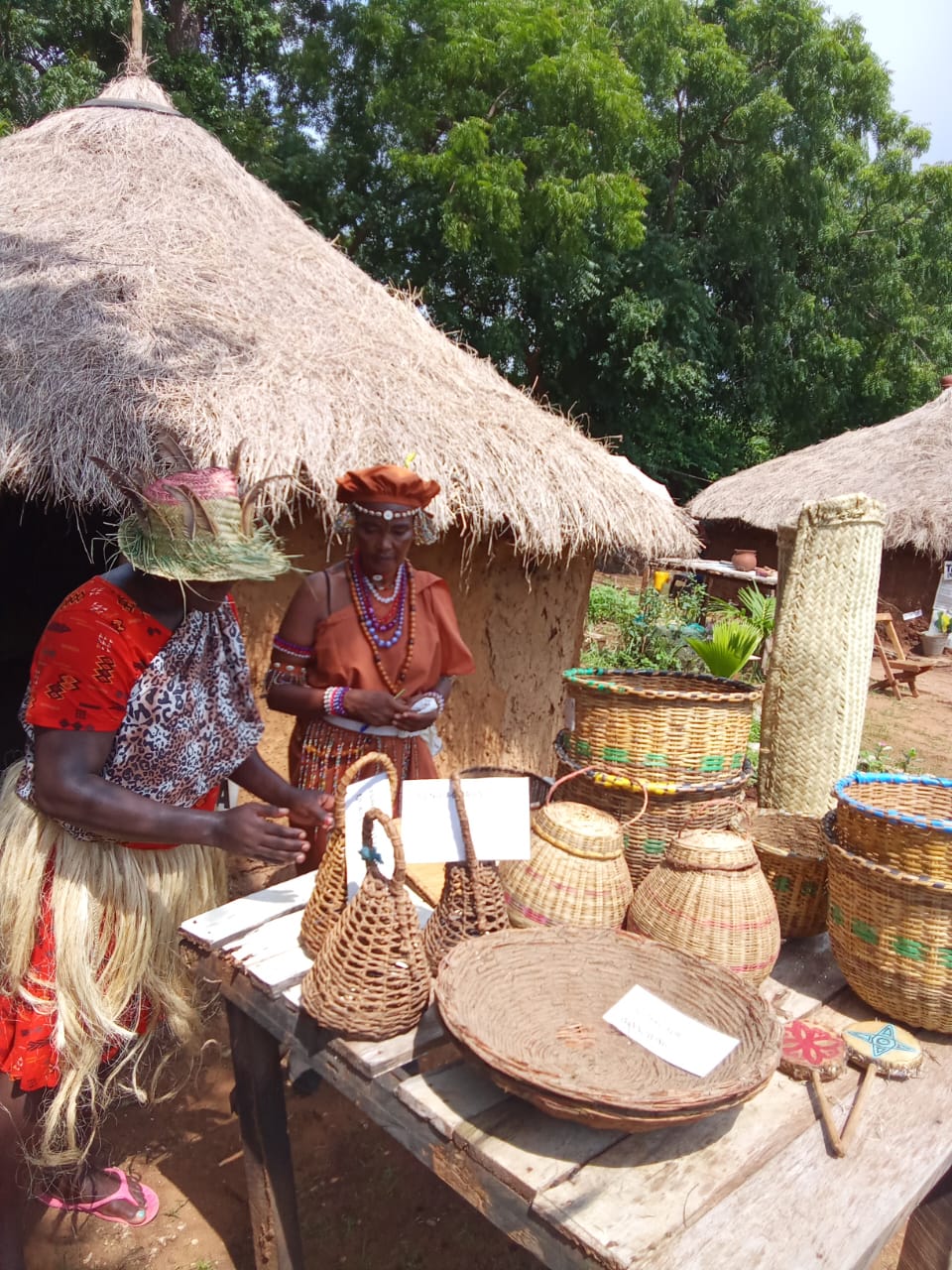
Mombasa Tourism Innovation Lab hosted representatives from the Kenya Tourism Board – Fiona Ngesa, Muriuki Murithi, and Josphat Mbatha to explore the diverse tourism products offered by the project’s sub-grantees.
The Mombasa Tourism Innovation Lab is one of the 16 other tourism-based projects given grants by Camoes, a Portuguese entity, to run their project. Camoes is implementing the Tourism and Cultural Heritage component of the Go Blue project, a partnership between the government of Kenya and the European Union to advance the blue economy agenda in the coastal region.
At its core, the Mombasa Tourism Innovation Lab seeks to establish a dynamic hub for incubating new ideas and refining existing tourism products. Positioned as a catalyst for the development of unique and appealing experiences, the Lab aims to showcase the rich cultural heritage and natural beauty of Mombasa. The project strategically sub-granted six small businesses dedicated to tourism and cultural development within Mombasa County. These enterprises, selected for their commitment to innovation, play a pivotal role in contributing to the project’s overarching vision.
Mombasa Cultural Village is a self-financed initiative based in Mombasa Showground, Nyali. They celebrate and educate people about the diverse cultures of Kenya with a particular focus on Kenyan heritage. The organization is led by individuals with deep knowledge of the country’s cultural richness. They showcase various African communities, their traditional foods, customs, and activities. The visitors were provided with a comprehensive tour encompassing all eleven traditional villages, each representing distinct ethnic groups such as Luo, Maasai, Swahili, Kalenjin, Kisii, Mijikenda, Taita, Luhya, Tharaka, Kamba, and Kikuyu. This immersive experience facilitated an in-depth exploration of the varied and culturally rich values inherent in each ethnic community. The group is seeking support in how to attract guests to their place and funding to organize events, workshops, and exhibitions to promote understanding and appreciation of Kenya's cultural heritage.
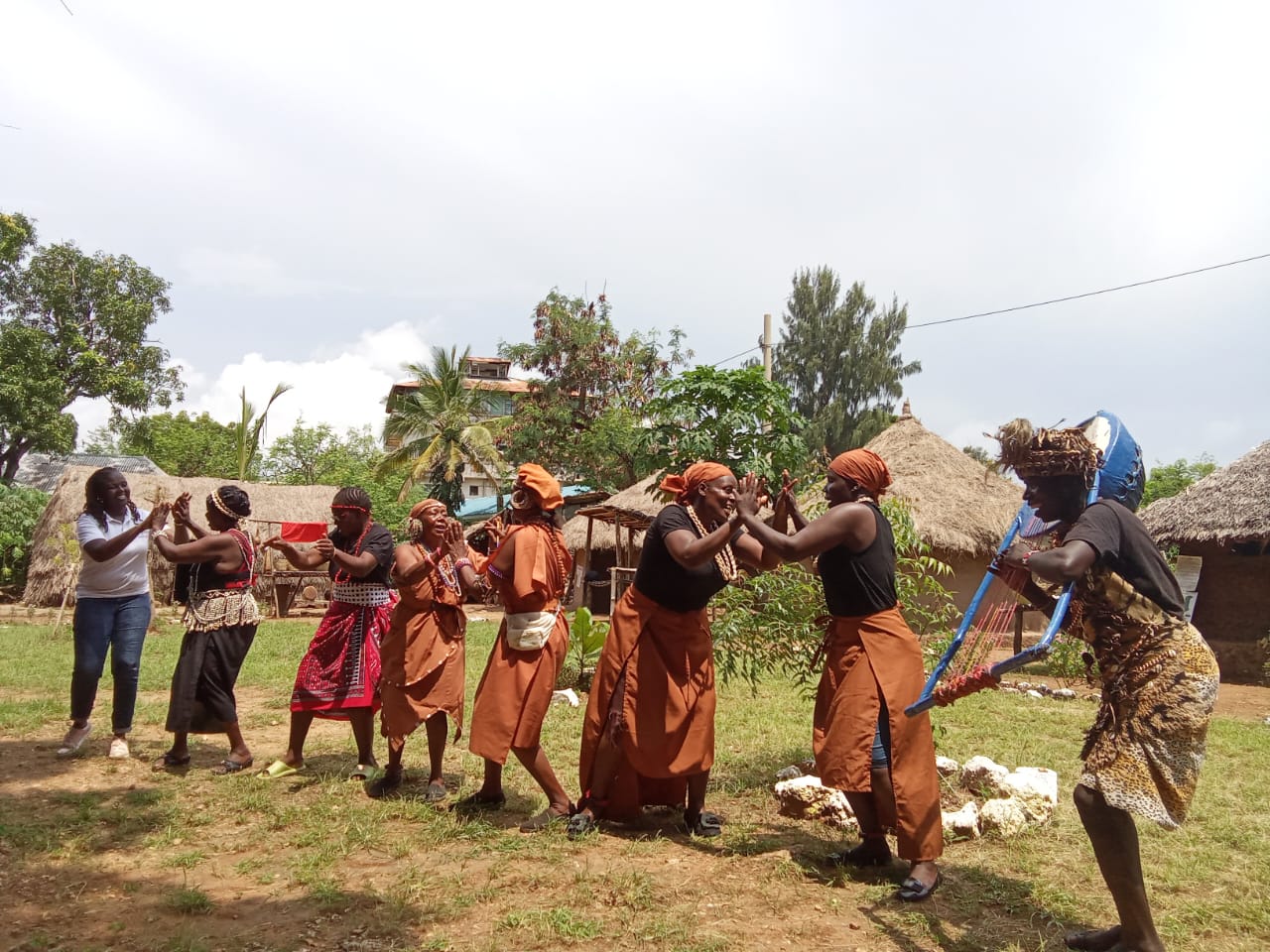
K-Lenses is a photography studio based in Nyali Sub-County. They provide training and mentorship to young aspiring photographers, empowering them with the necessary skills to excel in the field. Additionally, they capture the unique culture of Mombasa, showcasing its food, clothing, architecture, and cultural activities. K-Lenses seeks support to capture the cultural richness of Mombasa, covering areas from Lamu to Mwakirunge. They require financial assistance to cover travel and production costs associated with documenting and promoting the city's vibrant heritage.
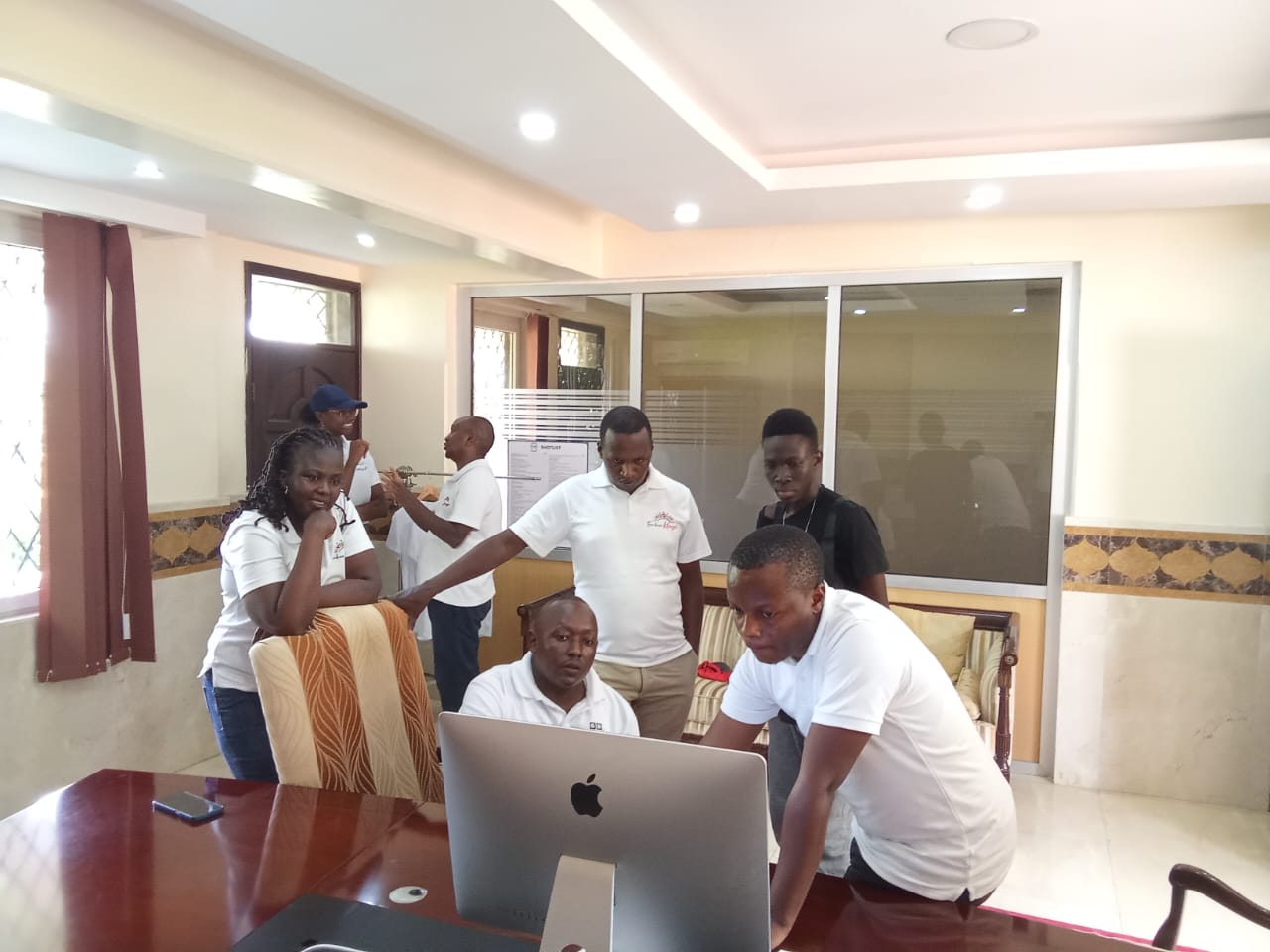
Studio Bella Bella is a creative space that caters to artists in various disciplines, such as photography, music and painting for youths who seek a safe and encouraging environment for artistic expression. They also offer training programs to nurture young talents. Studio Bella Bella is in Bamburi, Kisauni sub-county. They need financial support to expand their facilities and foster more opportunities for artists to learn and create.
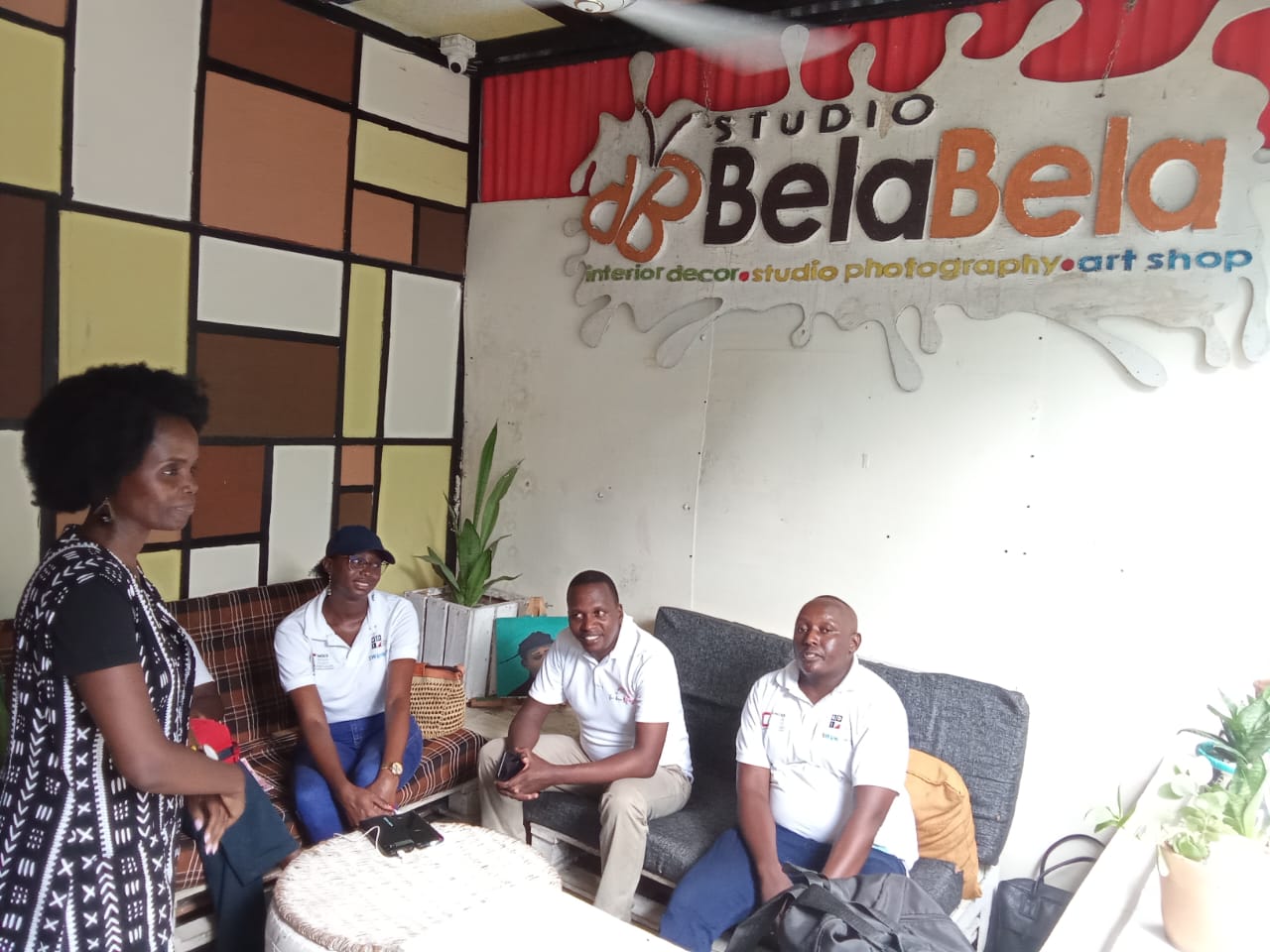
Big Ship is an organization based in Mikindani, Jomvu Sub-County. It’s committed to environmental conservation and the preservation of Mombasa’s mangroves. They offer ecotourism activities like mangrove walks, boat rides and mangrove-planting initiatives. Moreover, they engage in traditional craftwork, weaving baskets and mats from mangrove materials. They require financial assistance to construct a boardwalk and enhance their ecotourism offerings.
Umoja wa Pwani is in Changamwe Sub-County. It’s a non-governmental organization that promotes Mombasa’s local food culture and heritage. They aim to sell Changamwe’s culture to tourists and locals, providing a deeper understanding of the community’s traditions. The sub-grantees seek support to create a space where tourists can experience local food preparation and immerse themselves in the Changamwe culture. They currently operate at Mwidani Social Hall in Changamwe.
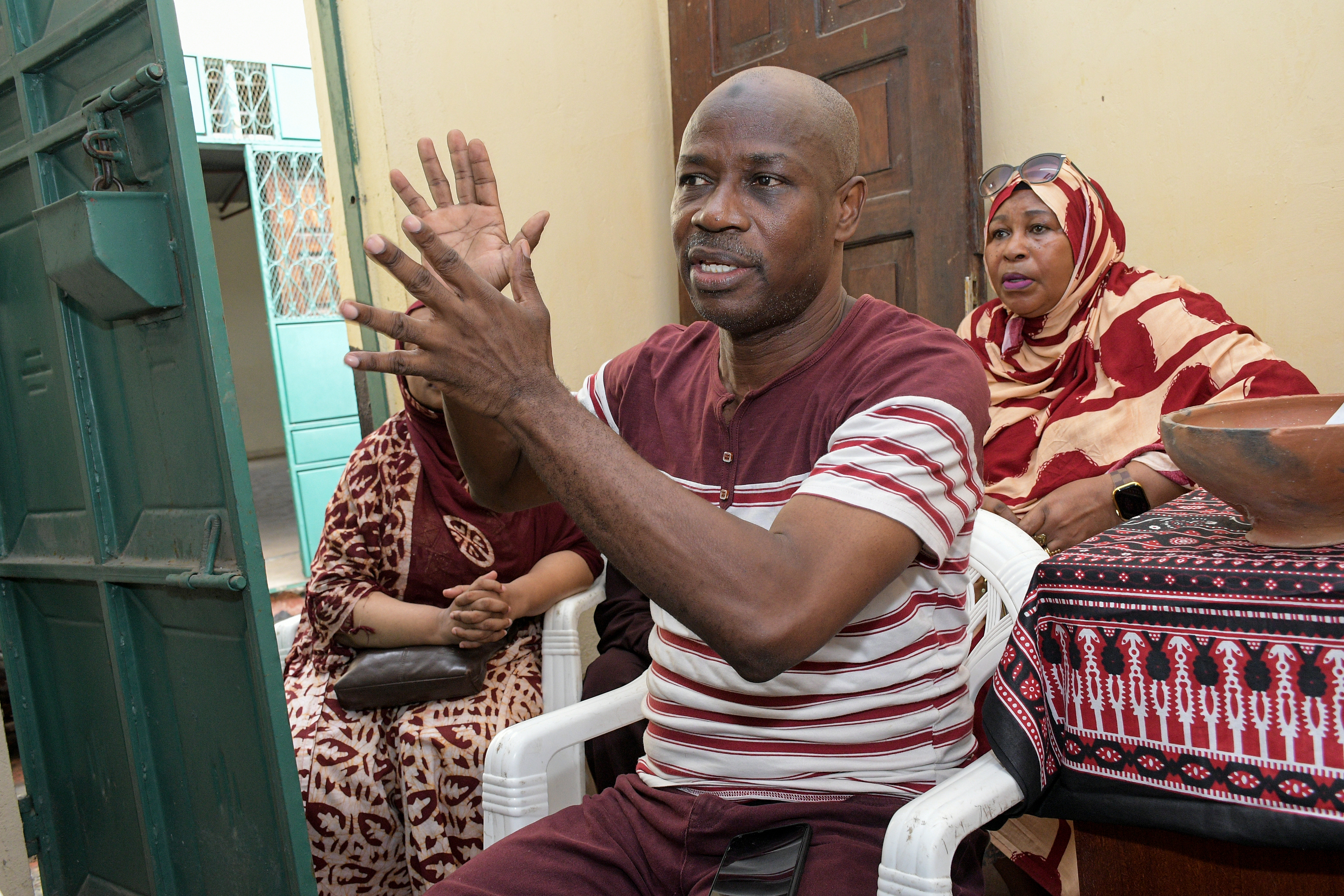
The African Food Trail is a tourism innovation that offers authentic Swahili food experiences to both local and international visitors. They also take the visitors on a street food tour within Mombasa explaining the history. They are based in the Mvita sub-county. They need support in establishing a dedicated website that directly connects them with tourists.
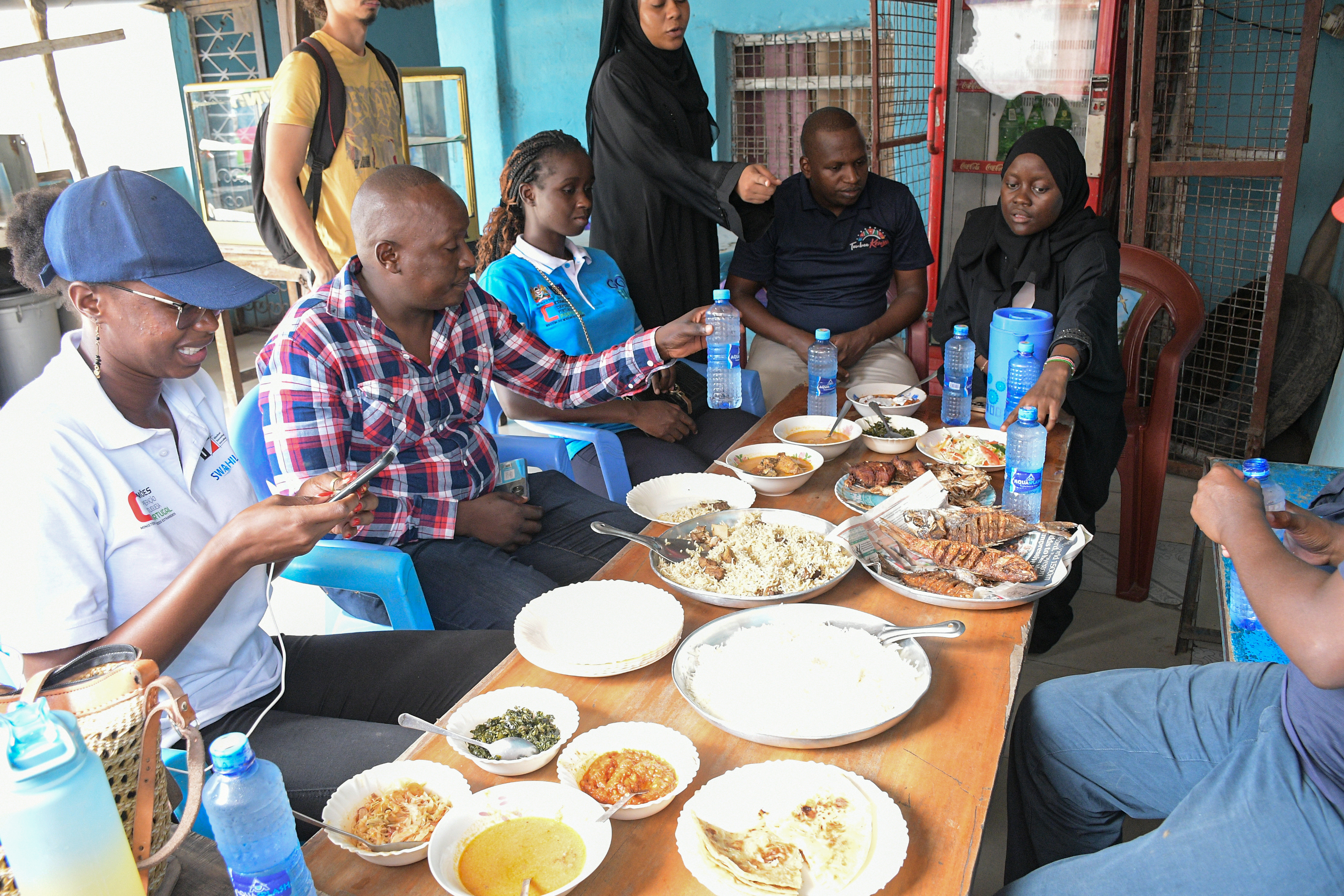
The Kenya Tourism Board, with a keen interest in investment opportunities, engaged with each business to understand their unique offerings and assess their potential appeal to both local and international audiences. The visit not only opened doors to potential investment opportunities but also provided practical insights and advice to the small businesses, focused on areas of improvement to attract more visitors and enhance the overall visitor experience.
This collaborative effort aims to elevate the quality of tourism offerings in Mombasa, making them more appealing to a broader audience. As the Mombasa Tourism Innovation Lab progresses with its transformative agenda, this collaboration marks an encouraging phase in the growth of Mombasa's tourism sector by boosting small businesses and establishing Mombasa as a vibrant destination for engaging in culturally immersive tourism experiences.